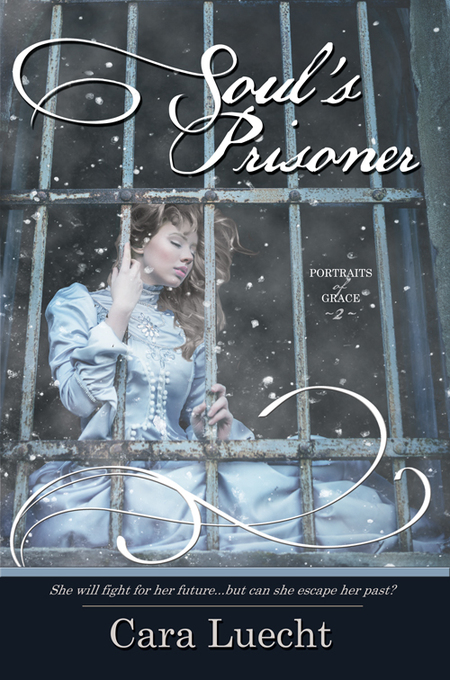Looking back now, I realize that every time I picked up a book as a kid, I was learning to write—especially suspense.
In junior high, before amazon made just about every book on the planet available, I went to great lengths to find my favorite suspense authors and read everything they wrote. Arguably, some were better than others, but at that time I didn’t even care. As long as there was something unexpected around the corner, I was in.
The most memorable experience was with the second book I read by Mary Higgins Clark. I was home alone, sitting on the sofa in a room lit only by the yellow incandescent light of the table lamp next to me. Suddenly, I was looking into a cradle of Clark’s imagination and seeing the pallor of death cover a baby.
I jumped. Literally jumped. My heart was racing and I was thirsty, but I was too scared to walk through the dark in the next room to get a drink.
That was the first time I ever gave craft a thought, and the first time that I actively mined a sentence for clues to how the author was able to cause that reaction with ink and paper as her only tool.
I realize now that I was learning how to write, how to create that reaction for other people, how to arrange words in a way so that other people could smile or cry or jump with fright. And now that I write suspense, I can look back and attribute my ability to communicate the trials of my imaginary characters in a way that causes other people to enter their dangerous worlds, even if only for an afternoon.
Reading suspense taught me 6 things about writing:
- Pacing is everything.
Long sentences, short sentences, rhythm. Reading a writer who doesn’t attend to pacing is like listening to a comedian with bad timing. You can read the stuff, but it really isn’t much fun.
- The bad guy needs to have one sympathetic quality.
Anything. Pick something. The reader doesn’t need to like him, but he/she does need to relate.
- The hero/heroine must be flawed.
Perfect people are annoying.
- Surprises are awesome.
When I wrote Soul Painter, I honestly didn’t know how I was going to resolve the conflict until I was writing it. Same thing with Soul’s Prisoner. I couldn’t wait to get home from work so that I could write and find out what was going to happen to my characters. These were the novels that made me realize that writing is actually more fun than reading.
- A story doesn’t have to be believable. The writer has to make it believable.
Have a hard time believing in spacemen? Yep. Me too. But when their stories are written with detail and emotion and the characters are connected to each other, it makes the story come to life, despite their dubious circumstances.
- A little romance never hurt anything.
Although I have not written a romance novel (yet!), a little romance is appreciated by all.
What do you like about reading suspense? Do you have a story like mine? Who is your favorite suspense author?
About Cara Luecht
Award winning author, Cara Luecht, lives in Sun Prairie, Wisconsin with her husband, David, and their children. In addition to freelance writing and marketing, Cara works as an English Instructor for a local college. Cara graduated summa cum laude with a B.A. in English Literature from the University of Wisconsin and an M.F.A. in Creative Writing from Fairleigh Dickinson University. Currently, Cara is studying for a Masters of Divinity at Fuller Theological Seminary.
Cara has three published novels: Soul Painter (2015 Selah Award Finalist), Soul’s Prisoner (a sequel to Soul Painter), and Gathered Waters (2016 Selah Award Winner). Her fourth novel, Devil in the Dust, is scheduled to release in April, 2017. Soul Painter and Soul’s Prisoner will also be joined by a third novel in the series, Soul’s Cry, in 2017.
Portraits of Grace
WEBSITE | FACEBOOK | TWITTER | GOOGLEPLUS | PINTEREST | BLOG
SOUL’S PRISONER by Cara Luecht
She’ll fight for her future…but can she escape her past?
Chicago, Winter, 1891
Rachel is in danger. She’s seen too much.
She creeps along the cement walls through the dank underbelly of the asylum. She d never planned to leave her quiet farm life, never thought she d find a place in the city, never imagined she d be in the kind of danger that would have her cowering in Dunning s cold, labyrinthine basement.
Jenny has finally found her place. After a childhood of abuse, she has friends, a real job, and her only wish is to give her adopted son the kind of life she never had.
A life of stability, without the risk and uncertainty of a father.
But when Jeremy, Rachel s brother, stumbles into their warehouse, asking for help to find his missing sister, Jenny’s carefully constructed life begins to crumble.




No Comments
Comments are closed.